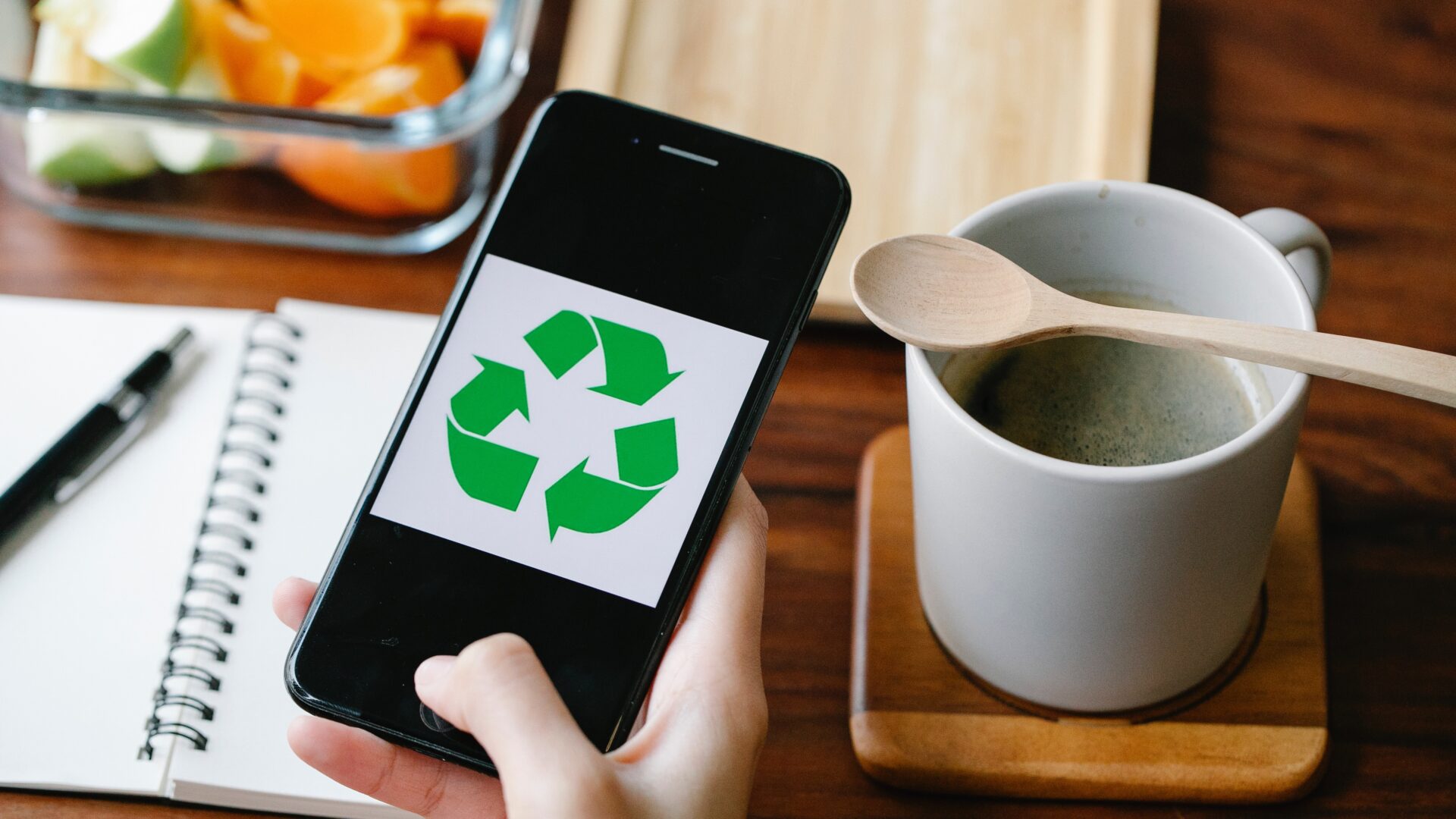Going green is a great way to support the environment and demonstrate your commitment to sustainability. As a small business owner, you have an opportunity to make a positive difference in the world. It can also be an effective marketing tool, attracting customers who are looking to support businesses with similar values. Whether you’re interested in reducing your carbon footprint or simply want to do your part for the environment, there are plenty of green ideas that can help you make your business eco-friendlier. As a small business owner, you may be wondering how you can make your business more eco-friendly. Here’s a list of 15 simple ideas that will help you create a greener business!
Table of Contents
1) Sustainable Lighting
Make use of natural light by investing in energy-efficient light bulbs and installing skylights. Natural light is not only good for the environment but it can also reduce stress levels and improve moods in the workplace. You can also make the switch to LED lighting. LED lights use significantly less energy than traditional bulbs and last much longer, making them an excellent energy-saving option for any business. Plus, they come in all shapes, colors, and sizes—so you don’t have to sacrifice style for sustainability!
2) Use Reusable Water Bottles and Coffee Mugs.
Single-use plastics are one of the biggest contributors to pollution and waste. Encourage your employees to bring their own reusable water bottles or coffee mugs instead of using disposable cups every day. You can even take it one step further by providing branded reusable bottles or tumblers as gifts or rewards for employees or customers!
3) Reduce Waste
Reduce waste by using reusable dishes and silverware rather than paper plates and plastic utensils at meetings or events. Not only does this eliminate waste, but it looks much more professional too!
4) Invest in Energy Efficient Appliances
Invest in energy-efficient appliances like low-flow toilets, washing machines, dishwashers, etc., that use less water and electricity than their traditional counterparts.
5) Create an Office Recycling Program
Incorporate recycling into your office space by setting up designated bins for paper, plastic, metal, glass, etc., not only encourages everyone in the workplace to get into good habits; it also helps keep potentially hazardous materials out of landfills where they could cause harm over time. This will not only save money on waste removal costs but will also help reduce your environmental impact significantly.
6) Plant Trees / Shrubs Around Your Property
Planting trees provides numerous benefits including improved air quality, increased comfort levels inside buildings, reduced noise levels outside buildings, reduced soil erosion from storms and floods, plus so much more! So, get planting today and reap the rewards tomorrow!
7) Purchase Sustainable Office Supplies
Purchase sustainable office supplies such as recycled paper or pencils made with sustainable materials like bamboo instead of plastic or rubber components. Not only is this better for the environment; it also gives your office an earthy vibe without sacrificing style!
8) Switch To Paperless Communication
Use digital platforms to communicate with customers instead of sending physical mailers or flyers which require additional resources like ink, paper, and fuel to create and deliver to customers’ homes or offices.
9) Install Motion Sensors
Install motion sensors on lights and air conditioning units. Motion sensors help conserve energy by automatically turning off lights when no one is in the room (or after a certain period of time). Installing these sensors on air conditioning units helps conserve energy too—by ensuring that air conditioning isn’t running when no one is there to enjoy it!
10) Invest in Renewable Energy Sources
Invest in renewable energy sources like solar panels if feasible; this could help you save significantly on electricity costs while doing your part for the planet at the same time! If you have access to enough space (or wind!), investing in wind turbines can be an excellent way to reduce your reliance on fossil fuels while still keeping up with the demands of running a business—all while helping preserve our planet’s natural resources!
11) Implement Paperless Billing Systems
Reducing paper usage is an easy way to cut down on waste—and save some money too! If possible, try switching from paper bills to electronic invoices or online payment systems. This will also help speed up payment processing time, making life easier for both you and your customers!
12) Switch to Virtual Meetings Whenever Possible
In addition to saving gas, holding virtual meetings helps reduce paper waste (since physical handouts aren’t necessary). Plus, it makes scheduling easier since people don’t need to travel long distances just for a meeting!
13) Switch Packaging Products
Switch from single-use plastics to compostable/biodegradable options as much as possible when it comes to packaging products for shipping or storing food items for sale on site (eateries).
14) Choose Local Suppliers
Choose local suppliers over those located far away whenever possible; this reduces transportation costs associated with transporting goods from one place to another as well as helping local businesses stay afloat during hard times! Also, opt-in to locally sourced organic products that share your eco-friendly mission it’s sensible and a win-win plan.
15) Get Employees on Board
Encourage employees to take public transportation, cycling, or carpool if feasible; this reduces emissions and saves money on gas too!
Final Thoughts
Going green is a smart and cost-effective choice for small business owners. Simple changes like choosing environmentally friendly office supplies, transportation methods, or packaging materials can make your company more eco-friendly without affecting productivity – plus you’ll build connections with loyal customers who are passionate about sustainability! Not only does this help the planet but it also builds strong connections with eco-friendly customers who tend to stay loyal longer! Supporting our planet doesn’t have to be costly; it’s the perfect opportunity to get creative while continuing to run an efficient operation at the same time.





